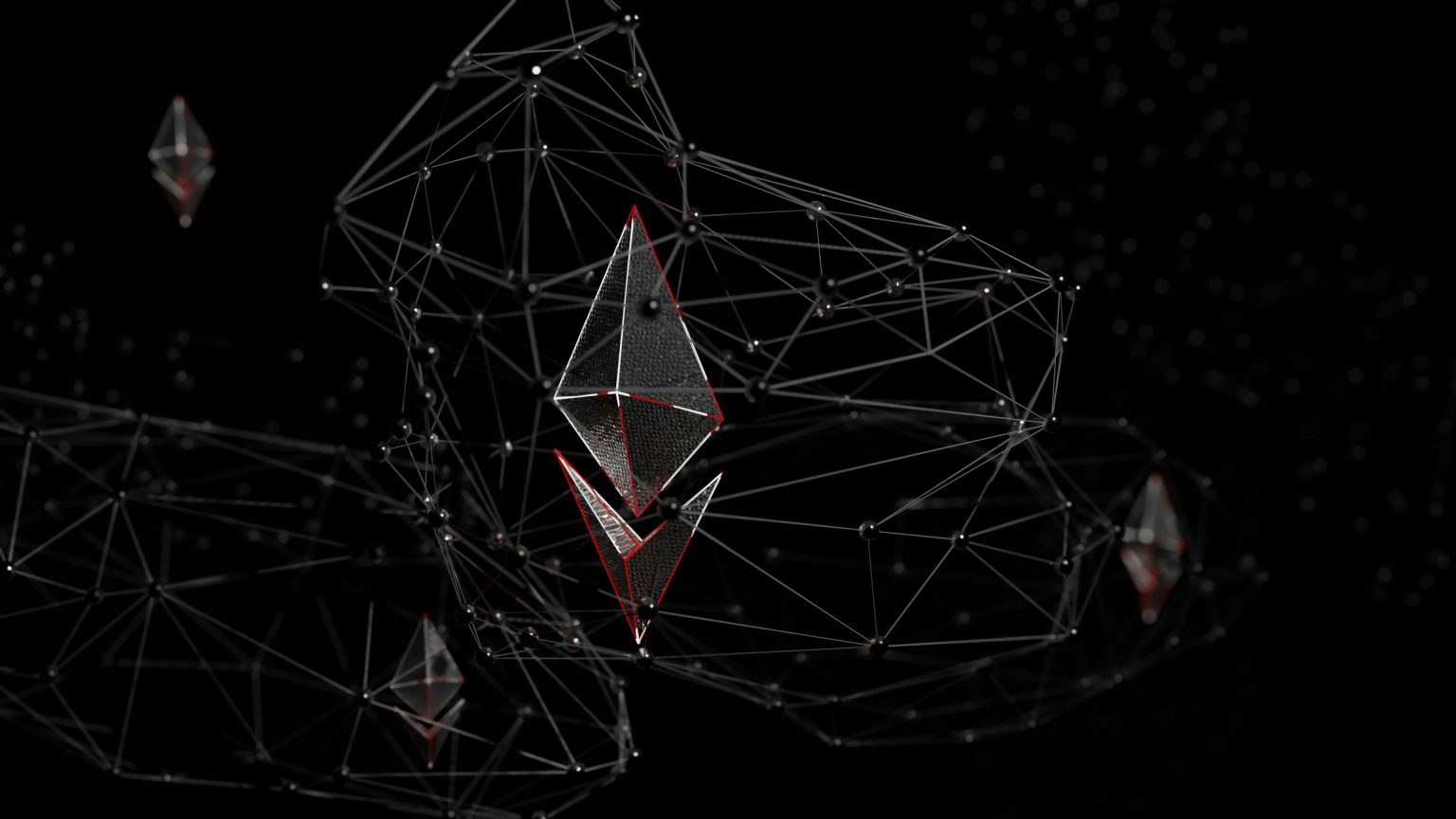The potential of AI in Decentralizing Western Civilization
Western civilization faces a crisis sparked by financial elites and corporatism. This centralization leads to stagnation, inequality, and societal decay.
- Financial elites, monopolies, and militarized corporatism fuel inequality and societal issues.
- AI promises renewal by expanding access to knowledge, empowering startups, and redistributing resources.
- Decentralizing AI can curb monopolistic control, ensuring inclusive global growth.
However, AI’s potential is a double-edged sword. If concentrated in tech monopolies or authoritarian regimes, it could deepen inequality, enable pervasive surveillance, and facilitate totalitarian control.
To unlock AI’s beneficial potential, humanity must resist monopolistic capitalism and embrace ethics and antitrust measures. Open-source and decentralized AI, leveraging blockchain and edge computing, offers a promising approach toward inclusive growth and societal renewal.
A decentralized AI ecosystem could democratize knowledge, boost innovation, and reduce barriers for under-resourced individuals. It enables a new Renaissance, where anyone can create content, code, or analyze data that once required extensive resources. This empowerment extends to developing countries, fostering global economic expansion.
In contrast, centralized AI holds the risk of prolonged stagnation and conflict. tech monopolies may hoard advanced models, perpetuating inequality. Authoritarian states might exploit AI for propaganda and surveillance, stifling creativity and free expression.
It is crucial to prioritize ethics, privacy, and accessibility. Through open-source AI, society can shift towards an era of growth and innovation, defying the current trajectory of decay.



